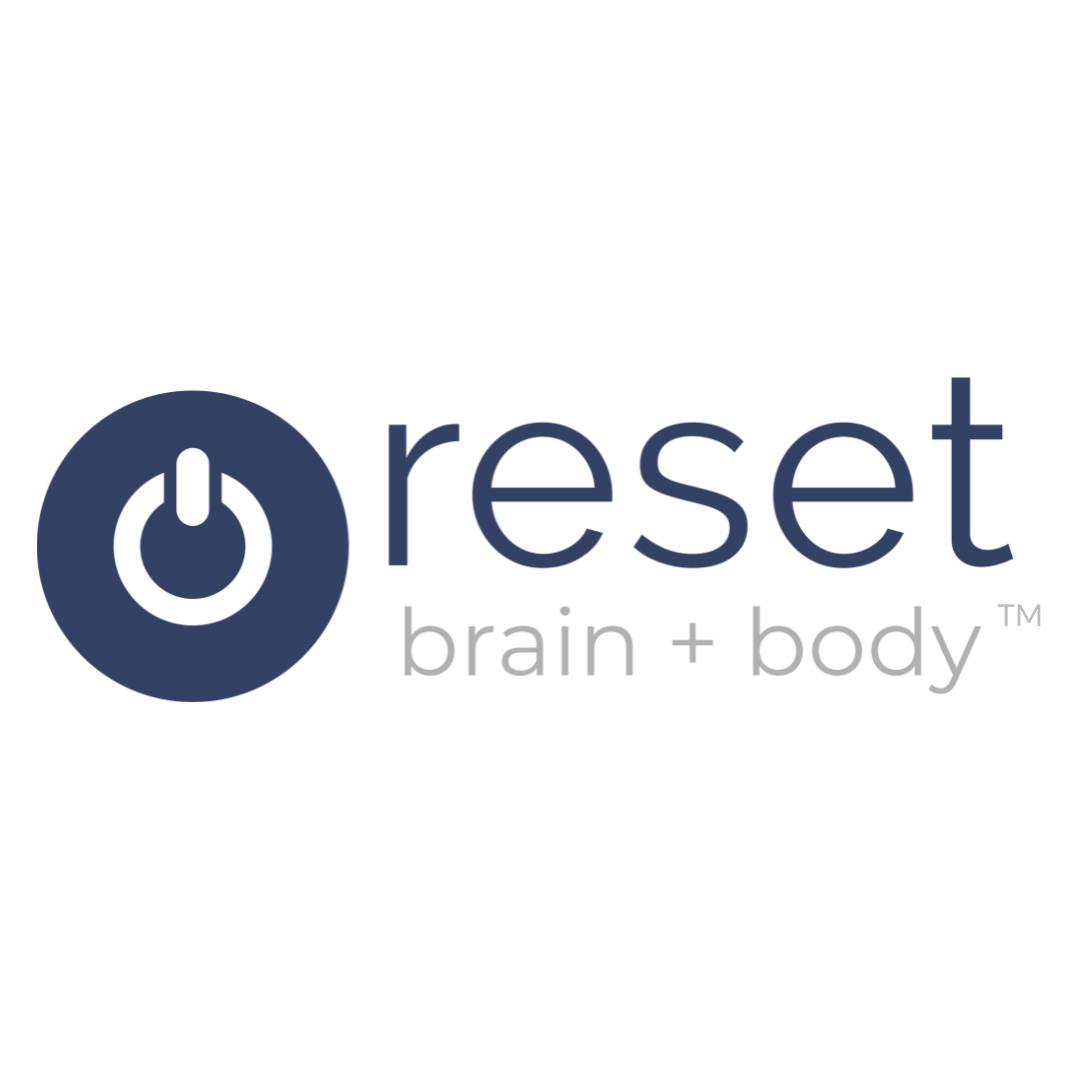The Role of Holistic Wellness in Mental Health
The significance of wellness lifestyle habits in alleviating mental health disorders cannot be overstated. Adopting a holistic approach that encompasses mindful practices can profoundly impact individuals grappling with mental health challenges.
BREATHE: Regulating Anxiety and Stress
For individuals dealing with anxiety disorders, such as generalized anxiety or panic disorder, incorporating mindful breathing techniques can be transformative. Deep, intentional breaths activate the body's relaxation response, reducing physiological symptoms of anxiety and promoting a sense of calm. Scientifically, controlled breathing has been shown to regulate the autonomic nervous system, contributing to the management of stress and anxiety disorders.
Experimental somatic exercise:
Breathing colors: Choose two different colors, one to breathe in and one to breathe out. Blue works well for the in-breath, since it matches the cool feeling of the air coming in. Red works well for the out-breath, as it matches the warm feeling of the air leaving your body. However, choose the colors you want, for the reasons you want. Close your eyes and pair each color with its breath.
MOVE: Integrating Exercise in Treatment Plans
Exercise plays a pivotal role in managing mental health disorders like depression. Incorporating physical activity releases endorphins, the body's natural mood lifters, and enhances neurotransmitter function. Evidence suggests that exercise can be as effective as traditional therapies in alleviating symptoms of depression, making it a valuable component in holistic treatment plans.
Somatic movement exercise:
Rigid body/relaxed body: Stand and tighten your body, assuming a rigid and stiff stance. Hold that pose for 10 seconds or more. Then, relax your body and assume a loose, flexible, and comfortable stance. Identify the different emotions and sensations that came up with each pose.
REST: Sleep Hygiene and Mental Health
Sleep disturbances often accompany various mental health disorders. Establishing good sleep hygiene, as part of a wellness lifestyle, contributes to improved mental health outcomes. Quality sleep is linked to emotional regulation, cognitive functioning, and overall well-being, making it an essential element in managing conditions such as bipolar disorder and major depressive disorder.
Somatic rest exercise:
Spaceship: Imagine you have a spaceship that can rocket you to your favorit place, real or imagined. Climb into your ship and count down from 10 to 1 and then blast off to your destination. Stay at your destination awhile and practice breathing, and then ride back home via your rocket ship or another means feeling relaxed and refreshed.
NOURISH: Nutritional Support for Mental Wellness
Nutritional choices play a crucial role in supporting mental health. For individuals with conditions like attention-deficit/hyperactivity disorder (ADHD) or eating disorders, adopting a balanced and nourishing diet can positively impact cognitive function and emotional well-being. Nutrient-rich foods contribute to the synthesis of neurotransmitters that influence mood and behavior.
Somatic nourishment exercise:
You are what you eat: Recall the meal you just ate (or lack thereof) and observe it energetically. If it had a frequency, would it be high or low? Would it be vibrating with aliveness or quite barren? What colors would you associate with it? As you picture it processing in your body, what do you see? With this awareness, what choices do you want to make for your nourishment?
CONNECT: Interconnectedness
Meaningful social interactions release oxytocin, a hormone associated with bonding and emotional well-being. Positive social relationships act as a buffer against stress and contribute to long-term mental health. Incorporating mindfulness exercises in social interactions fosters observational curiosity, without judgment, and can enhance interpersonal skills. Establishing supportive relationships contributes significantly to overall well-being, providing emotional validation and a sense of belonging.
Mindful connection exercise:
People (or anything) watching: Be a watcher of people, or of anything tha might hold your interest. Remember not to judge what you see, but simply let it into and out of your experience like clouds floating through the sky. Observe with the prompts of “I notice…I wonder…I think” as you practice non-attachment to judgments and narratives. Observe if compassion arises more easily.
In summary, embracing wellness lifestyle habits is integral to managing and mitigating the impact of mental health disorders. These practices, rooted in scientific understanding, offer individuals a comprehensive toolkit for promoting mental well-being and embarking on a path towards sustained recovery.




